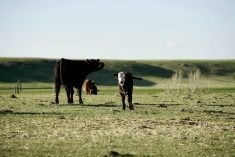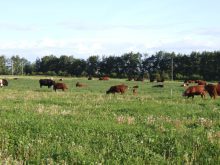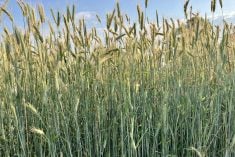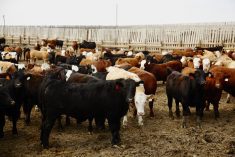I had the opportunity to meet up with a dear friend of mine this summer. He was an exchange student from Colombia who spent time with us many years ago. He told me that one of the most profound things that he learned from us here at Greener Pastures Ranching was the difference between economics and finances. I was very impressed because most producers love production practices more than business management. It’s great to hear that some of the business side stuck with him.
This is a very important distinction. There is a big difference between economics and finances. I learned that lesson in 2001 when I was applying for a beginner farmer loan from our provincial agricultural lending institution to buy a quarter of land right across the road from our house that came up for sale. This was an excellent opportunity for expansion for Greener Pastures Ranching, one that might never happen again.
Read Also
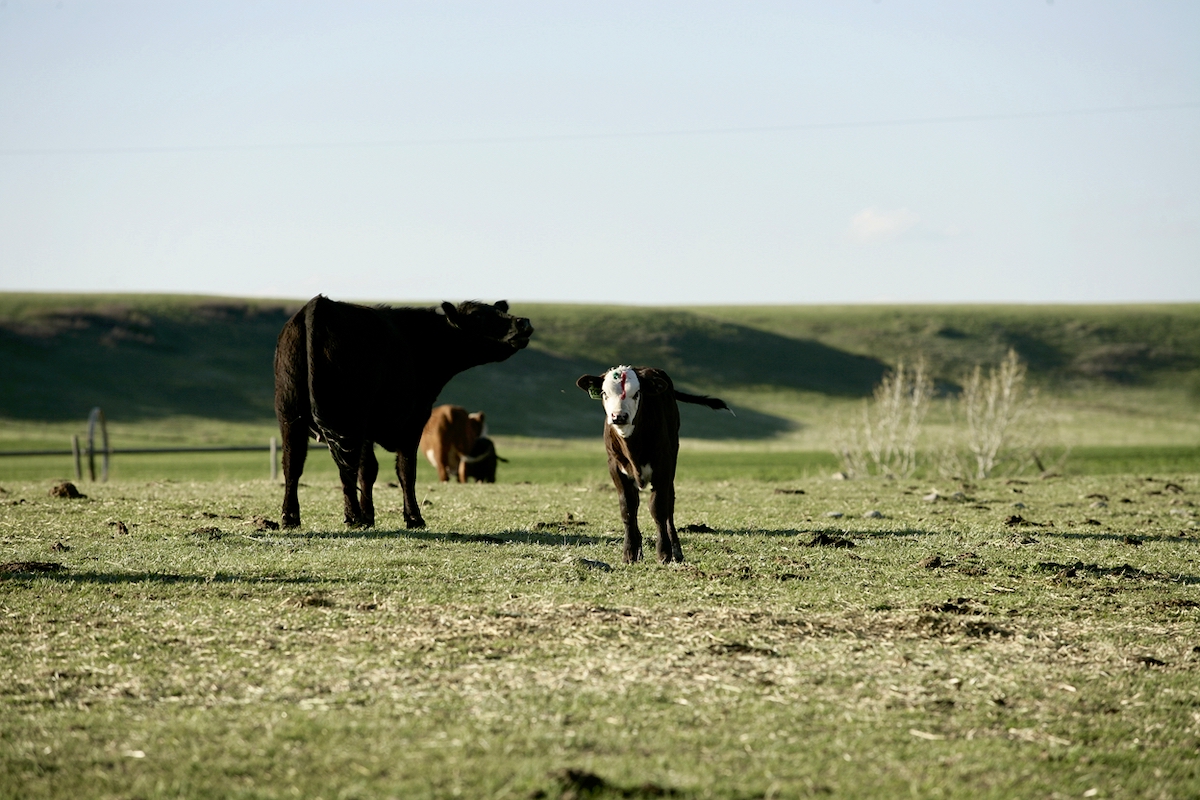
Body condition, nutrition and vaccination for brood cows
One of the remarkable events of the past century related to ranching has been the genetic evolution of brood cows….
I was so excited and could not wait to get a hold of this quarter. But the loans officer told me that I could not finance the land. I did not make enough money “off farm” to pay for it. I was ineligible for a land loan…but he would gladly give me a loan for 100 heifers. I was so confused. I did not come in here asking for 100 heifers? I asked for land. Why is he pushing heifers on me?
If you recall, 2001 was the top of the cattle cycle. The cattle industry was booming and if I used the animals for collateral, the loan was a sure thing. However, in my mind, if we are at the top of the cattle market, the only way left to go was down. This made no sense to me. I went to another bank and used a co-signer and bought the land. Financially, it was a tight squeeze, but economically, land was a good investment at the time.
Do you recall what happened in 2002? Not only was the cattle cycle about to peak and then drop, but we also had the worst drought in 100 years followed in 2003 by the Canadian BSE disaster.
Where would I be now if I had bought 100 heifers in 2001? I could finance the heifers but I made an economic decision when the banker was trying to get me to make a financial one. I do not want to insult any bankers and I apologize if I do, but a banker will give you a loan for something that you can finance, but may be totally unsound economically.
To estimate if a venture is economical, you have to first determine if it can make a profit and then determine if you can cash-flow it. Economics first, finances second. Simply put, Economics = Profit; Finances = Cash flow.
These are two of the tests that need to be passed before a production practice gets implemented at Greener Pastures Ranching. First, the economics side: is it profitable? This is where a gross margin analysis helps. If the answer is yes, then let’s move forward. If not, we are done.
If it makes a profit and the risk is acceptable, then we move on to the next test. Can we afford it? I run a simple cash-flow for our business and for us personally. I can plan ahead 12 months or more to see if we can cash-flow a new venture. If you can’t cash-flow it, you can’t move forward with it.
These decisions happen every day on the farm. It could be as simple as hauling your own hay. You could hire a trucker or haul it yourself. Let’s say you have 200 bales to bring home. The trucker can haul it with his self-loading/unloading truck for $5/ bale. That is a $1,000 out of your pocket. But you have a little trailer and can do it yourself. You can haul 10 bales at a time, so that is 20 trips at one hour per trip. That might include a tractor, the wagon and your time. I would put my time at $25/hour and a decent tractor would be at least $50/hour. At $75/hour, our cost to haul it ourselves would be $1,500. However, that is not cash out of our pocket. The economic decision would be to hire the job done because it would be cheaper, but the financial decision would be to haul it ourselves because the only cash out of our pocket is the fuel we use. And that might have already been in the fuel tank out back. We also don’t account for repairs and maintenance, opportunity cost or depreciation. (Please don’t argue my numbers, this is just a random example to make the point.)
Don’t get me wrong, sometimes we have to make the financial decision. I just hope we are aware of the difference.
The biggest mistake we make in agriculture is that we make a financial decision when the economics are not sound. Conversely, a new venture can be economical so we jump in with both feet, but are unable to finance it six months down the road, and it fails. This is why we need to make sure we check both the economic and financial side when considering a decision. Then check your human resources. HR has veto power over all of these decisions, but that is for another article.




